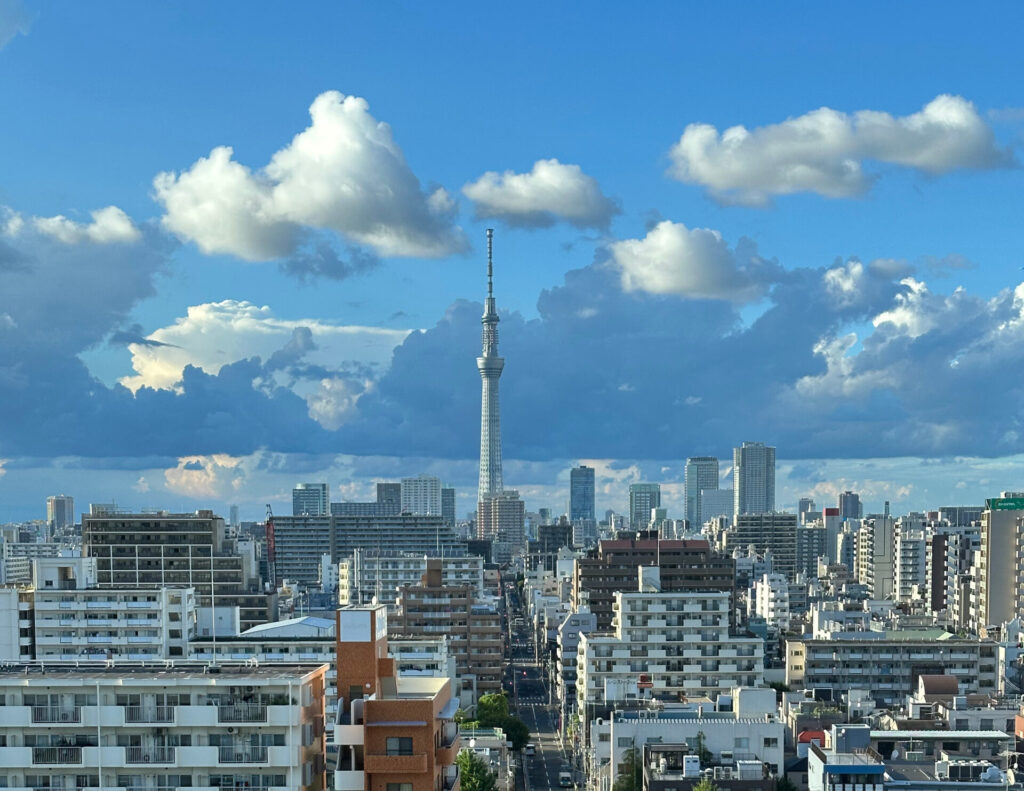
About Japanese Traditional Culture
Japan is known for its beautiful traditional culture and historical heritage, which are highly valued internationally. However, this rich traditional culture also faces various challenges. This article focuses on the major challenges facing traditional Japanese culture and discusses the balance between its protection and transformation.
1. population decline and succession crisis
Traditional Japanese culture typically involves the transmission of specific techniques and art forms by skilled craftsmen and artists. However, due to Japan’s aging and shrinking population, the number of successors is decreasing, and the maintenance of traditional culture is in jeopardy. There is a need to promote the desire and opportunity to pass on traditional culture to the younger generation.
2. environmental impact
Many traditional cultures rely on natural materials and manual labor. However, there are concerns about their impact on the environment. For example, the number of lacquer trees used in the production of lacquer is decreasing, and bamboo forests are being cut down for bamboo crafts. There is a need to strike a balance between maintaining traditional culture and protecting the environment.
3. commercialization and the danger of losing tradition
Some traditional cultures are being commercialized and losing their traditional spirit and quality. Particularly in the tourism industry, there are cases where traditional culture is sold as a commodity, causing the loss of its original value and meaning. Discussions continue on the challenges associated with the commercialization of traditional culture.
4. internationalization and transformation
Traditional Japanese culture is increasingly influenced by international influences. This can transform traditional culture and cause it to evolve into new forms. While this process is welcomed in part, it also highlights the difficulty of maintaining the purity of tradition.
summary
Traditional Japanese culture has a rich history and aesthetic value, and is highly valued both in Japan and abroad. However, these traditional cultures also face contemporary challenges, and a balance must be struck between their protection and transformation. We must protect the value of traditional Japanese culture and pass it on to the next generation while addressing a variety of issues, such as passing it on to younger generations, environmental considerations, commercialization issues, and harmony with internationalization.
